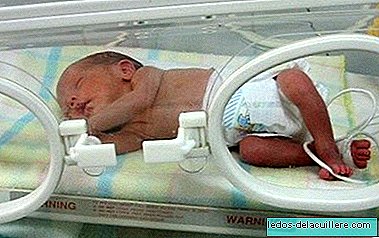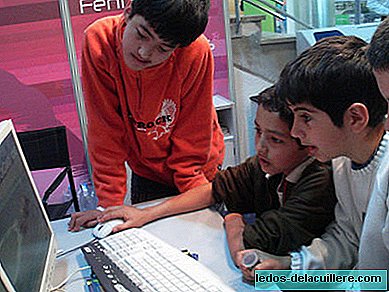
Technology seems to reach unexpected places in the medical field, including prediction. Researchers at Stanford University in the United States show how a computer program predicts the probability of future diseases of premature babies.
The results of the work are published in the journal "Science Translational Medicine" and the main achievement is that this program, called 'PhysiScore', could help doctors better distinguish between high and low risk premature babies, one of the main challenges in the area of neonatology.
This program uses the datos of routine hospital control In the first three hours of a baby's life, therefore it does not use invasive techniques like other prediction methods.
The program works as follows. Premature babies go through cardiorespiratory monitoring minutes after delivery. The monitors continuously display and store the vital signs of the baby, including the heart rate, the respiratory rate and the amount of oxygen in the blood.
'PhysiScore' predicted whether babies were in the high or low risk category with an accuracy of between 91 and 98%, much more than traditional methods. The authors analyzed the hospital data of 145 babies to reach these conclusions.
How the possibility of predicting the health of the smallest premature babies It determines what kind of care they will receive, I think it is an important achievement that could improve health care. Although I hope that the determination of these attentions in an automated way does not neglect the observation and continuous accompaniment.












